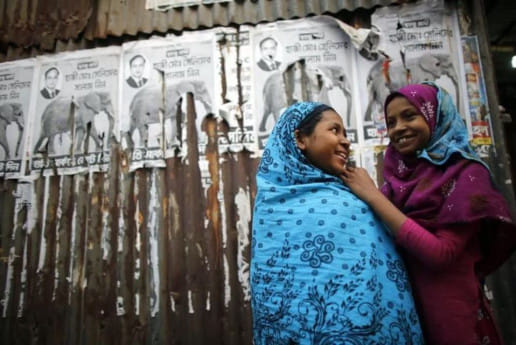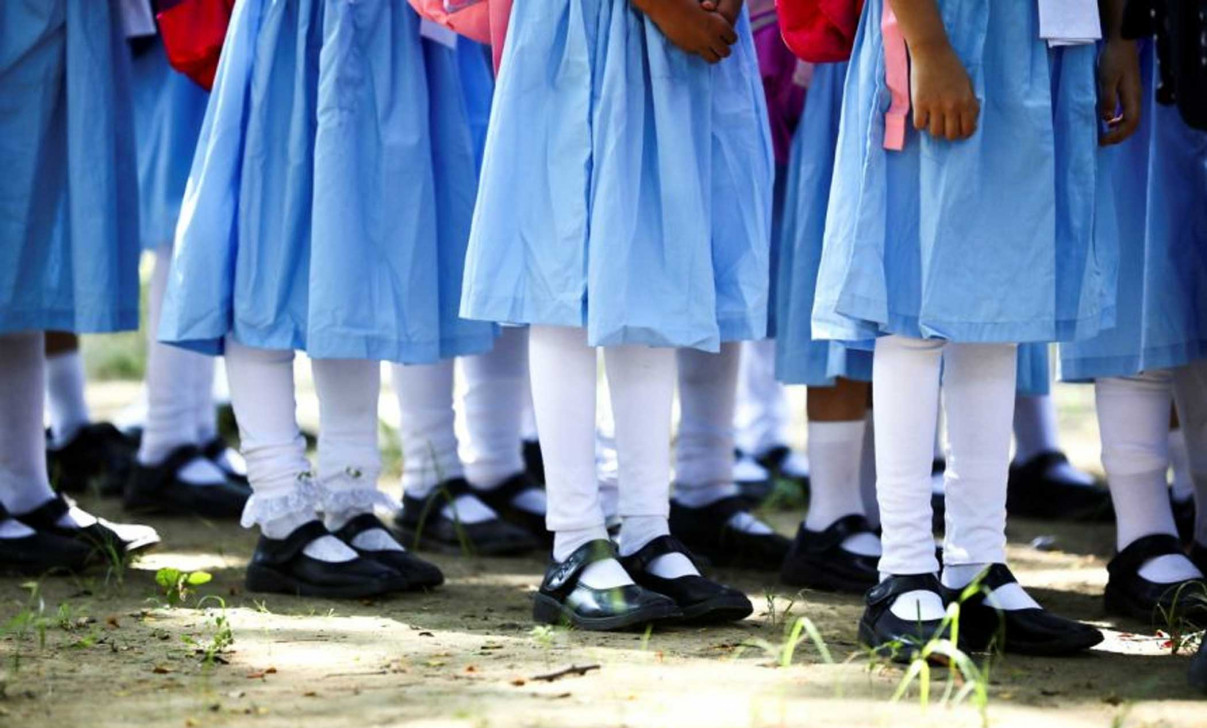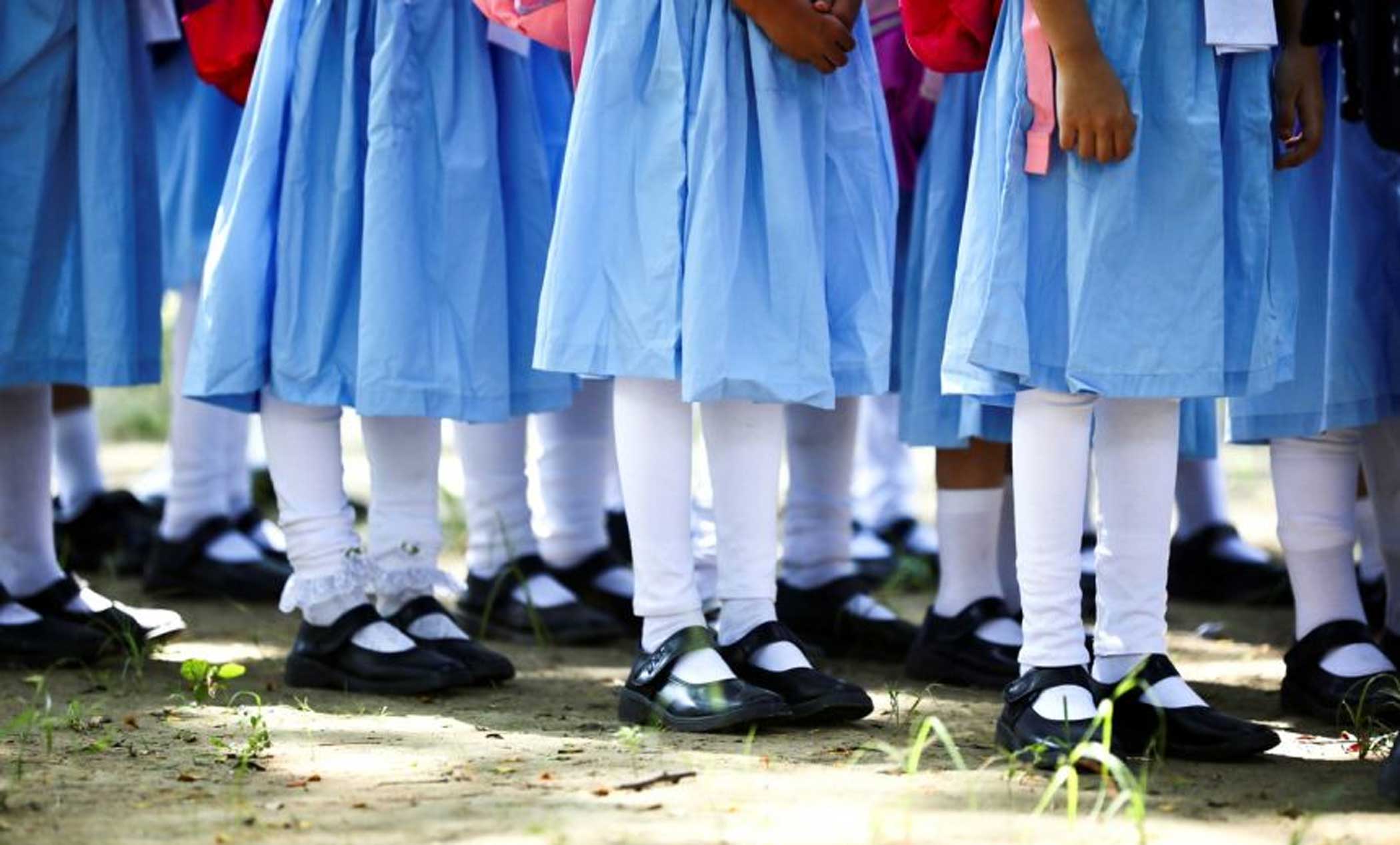Why laws and campaigns are failing to stop child marriage

In the background of the child marriage problem lies a stark paradox—the primal, evolutionary instinct of parents to protect their offspring is at odds with decisions that compromise their children's futures.
This apparent contradiction raises important questions. What drives parents to resort to child marriage, and how do these decisions align or conflict with the innate desire to ensure the well-being of their children? To delve into the heart of this paradox, let us examine the evidence from a recent study by the Institute of Informatics and Development (IID).
The Bangladesh Sample Vital Statistics 2023, published in March 2024 by the Bangladesh Bureau of Statistics, disclosed a worrying increase in child marriages over the past three years. The 2022 report revealed that 40.9 percent of women were married before turning 18, a notable rise from 32.4 percent in 2021 and 31.3 percent in 2020. The Bangladesh Demographic and Health Survey 2022 conducted by the National Institute of Population Research and Training (NIPORT), on the other hand, further reveals that more than half of the country's girls are wed before their 18th birthday.
Child marriage undeniably triggers a myriad of negative outcomes, stunting educational progress, compromising health, and limiting opportunities for personal and economic independence. But does this not counter the parents' evolutionary drive to ensure their offspring's survival and success?
The answer may lie in the desperate measures taken by parents who, despite potential legal repercussions, clandestinely marry off their daughters, sometimes on isolated boats under the cover of night.
A 2022 report published in the daily Prothom Alo highlighted this desperation, showing that despite efforts by the Women's Directorate to stop 88 child marriages in Tala upazila of Satkhira, an astonishing 74 percent of the girls were later secretly married off anyway.
Why, then, despite the Child Marriage Restraint Act 2017 and the National Plan of Action to End Child Marriage (2018-2030), does this issue persist?
It seems as though Bangladesh's escalating child marriage rates mark a crisis beyond the reach of legislation and awareness campaigns.
The IID's survey of over 3,000 parents sheds light on the motivations behind child marriages. A significant segment (39 percent) cited the lack of girls' security as the primary factor, including harassment by miscreants on the streets (17 percent), the urge to protect family honour (16.4 percent), and fears for personal safety even within the home (5 percent).
Moreover, 32 percent of parents pointed to societal norms as a driving force, encompassing religious obligations (7 percent), concerns about securing a suitable match later (8 percent), and difficulties in finding grooms for older girls (9.7 percent). Poverty was also a significant concern, with 24 percent of parents identifying financial hardship as the main reason for child marriages.
This reveals the desperation that drives parents to marry off their children, and the fact that they perceive child marriage as a means of protection, despite the profound negative implications for the child's health, education, and overall well-being.
Our conventional approach to this crisis, focusing on legal penalties and awareness campaigns, is inadequate for addressing the root causes. Simply targeting parents for legal prosecution continues the cycle of secrecy in child marriage practices.
Given that sexual harassment remains unaddressed even in universities in urban areas, the lack of security for girls in rural areas becomes glaringly apparent.
What is needed is a strategy that directly tackles these issues, safeguarding the safety and dignity of girls in every aspect of their lives. This should include stricter measures against harassers and the dismantling of their political protection. Safety for girls in schools, on the streets, and at home must be a priority.
Additionally, social campaigns should aim to shift the narrative, challenging the notion of the child bride, while also addressing the underlying issue of poverty as a critical factor in combating child marriage.
At this critical moment, the well-being of countless young girls and the future direction of our nation hang in the balance.
Our actions today will determine the society of tomorrow. Let us revisit our existing strategies and commit to a path that leads away from the shadow of child marriage, towards a future where every girl can aspire to her full potential.
Syeed Ahamed is a Public Policy Analyst and CEO of Institute of Informatics and Development-IID.
Views expressed in this article are the author's own.
Follow The Daily Star Opinion on Facebook for the latest opinions, commentaries and analyses by experts and professionals. To contribute your article or letter to The Daily Star Opinion, see our guidelines for submission.




 For all latest news, follow The Daily Star's Google News channel.
For all latest news, follow The Daily Star's Google News channel. 


Comments